EMDR Therapy
Healing the past so you can live more fully in the present.
Trauma has a way of staying with us—sometimes in ways we can’t quite explain. Maybe you find yourself stuck in the same emotional patterns, overwhelmed by memories, or feeling disconnected from your sense of self. Even if you know something is in the past, it can still feel very present in your body, thoughts, and relationships.
That’s where EMDR comes in.
What is EMDR?
EMDR stands for Eye Movement Desensitization and Reprocessing. It’s a therapy that helps your brain and body process painful or overwhelming experiences—especially the ones that didn’t get fully processed when they happened.
Unlike traditional talk therapy, EMDR doesn’t require you to talk through every detail. Instead, we revisit memories in a safe, structured way using bilateral stimulation (like eye movements, sounds, or tapping). This helps the brain process and store those memories differently—so they lose their emotional charge and no longer feel as intrusive or distressing.
It’s like your brain is finally able to file things where they belong—so they don’t keep popping up when you least expect them.
What can EMDR help with?
Childhood trauma
PTSD or complex trauma (CPTSD)
Emotional numbness or overwhelm
Relationship struggles, trust issues, or attachment wounds
Low self-worth and negative beliefs
Anxiety, fear, or a constant sense of unease
Nightmares, flashbacks, or intrusive thoughts/sensations
You don’t need to have a specific diagnosis for EMDR to be helpful. Many of my clients simply feel like something is “stuck,” even if they can’t put words to it—and EMDR gives us a way to gently work with that.
“EMDR helps people to not only heal from trauma but to rewire the brain, creating new neural pathways that support emotional resilience and well-being.”
— Dr. Francine Shapiro, Founder of EMDR
What is EMDR like at Moon Counseling?
My approach to EMDR is slow, intentional, and grounded in safety. Before we begin any reprocessing work, we’ll take time to build trust, understand your goals, and help you develop tools to stay grounded and connected throughout the process.
I often integrate EMDR with somatic therapy, parts (Internal Family Systems), and inner child work—especially when we’re working with developmental trauma or early attachment wounds. Every step is collaborative. I’ll never push you faster than you’re ready to go, and we’ll always check in with what feels right for you.
Common Questions About EMDR
Do I have to remember everything that happened?
No. You do not need to recall every detail of a memory for EMDR to work. We focus on the emotions, body sensations, and beliefs that still feel “stuck,” and work with them at a pace that feels manageable.
What if I feel overwhelmed during a session?
You’re not alone. We’ll always have tools and strategies in place to help you feel safe and grounded. And if something feels too much, we’ll slow down or pause.
Is EMDR just for trauma?
EMDR is most often used for trauma, but it can also help with anxiety, phobias, depression, and negative self-beliefs. It’s especially helpful when past experiences seem to be affecting the present in ways that feel out of your control.
How long will EMDR take? Do I have to do EMDR every session?
The length of EMDR therapy depends on what you’re working through and your unique goals. Some people notice meaningful shifts after just a few sessions, while others incorporate EMDR into a longer healing journey. We’ll move at a pace that feels safe and manageable for you.
EMDR isn’t something we need to do in every session. Sometimes we’ll pause to check in, build coping tools, or process what’s come up. It’s a flexible approach, and you’ll always have a say in how we move forward.
Next step towards healing…
If you’ve been carrying the weight of the past for a long time, you don’t have to carry it alone. EMDR offers a powerful and compassionate way to process trauma—so you can live with more ease, connection, and self-trust.
I offer EMDR therapy in Ashburn, VA, as well as virtually across the state of Virginia for individuals navigating trauma, anxiety, and a variety of other concerns.
If you're curious about starting EMDR or want to talk through whether it’s a good fit for you, reach out here. I’d be honored to walk alongside you.
EMDR is more than just widely used—it’s internationally trusted.
The World Health Organization recommends EMDR as one of the most effective treatments for trauma and PTSD, alongside trauma-focused cognitive behavioral therapy.
You don’t have to carry the weight of your past alone. With the right support, healing is possible.


